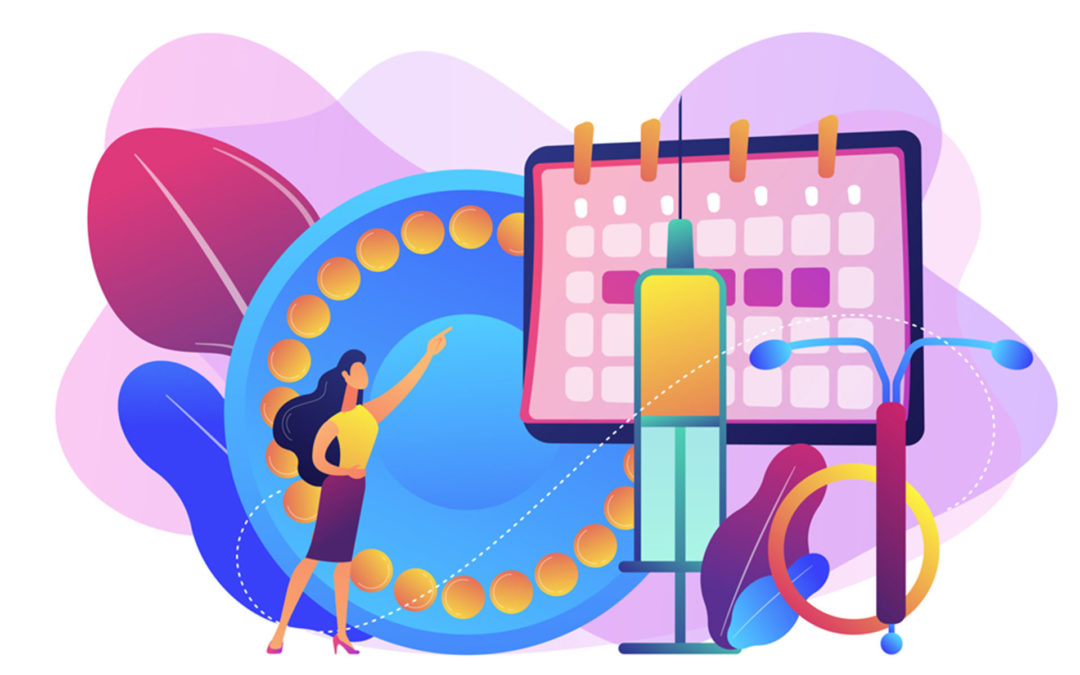September 26 is World Contraception Day: the event, promoted by the Word Health Organisation (WHO), has been celebrated every year since 2007 and aims to shed light on this topic, in order to raise awareness about contraception measures and to make young people and women, above all, more responsible when it comes to their sex life.
In fact, a fertility study conducted in 2019 revealed that almost 90% of youths looks up information on sexual and reproductive health on the Internet, though they reckon that it should be up to schools to provide information on such issues.
While the use of contraceptives – especially the condom – is rather common among youths, resorting to family counselling centres is still rarely done: 68% of boys and 76% of girls have never turned to such facilities, regardless of them being public or private.
As for women, only 21.4% of sexually active women in Europe choose hormonal contraceptives, despite the fact that the advent – in 1960 – and development of the contraceptive pill have been hailed as one of the major scientific and social advancements in history: a revolution that has enabled us to separate sexuality from reproduction, hence a crucial step towards women’s empowerment.
Indeed, contraception is an important ally for women throughout their entire reproductive age, since it allows them to freely and serenely experience their sexuality and to control their fertility consciously and responsibly. It therefore plays a key role in contributing to women’s sexual and reproductive health, which itself is an integrating part of general health and of psychological and physical wellbeing.
Women can resort to a vast array of contraceptives. Birth-control methods must therefore be tailored to women’s needs along the path to a (possible) motherhood, which must be desired and achieved consciously. In particular, hormonal contraception entails not only ‘contraceptive’ benefits (reversible, effective, well tolerated and safe, while not interfering with the spontaneous sex), but also ‘non-contraceptive’ benefits (above all, it regularises the menstrual cycle and eases pain) and therapeutic benefits (it attenuates endometriosis, uterine fibroids, PMS…).
That is why the World Health Organisation states that all girls and women at risk of unintended pregnancy have the right to emergency contraceptives that have no adverse effects (in terms of use and age). And that explains why – still in 2021 – we must celebrate World Contraception Day.

Recent Comments